 SHILLONG, JAN 10: The Grand Council of Chiefs of Meghalaya has convened the meeting of Dorbar Ri (a gathering of all the chiefs and their people) at Mairang, Hima Nongkhlaw, 44 kms from here, on February 13 to discuss the many issues confronting the indigenous communities of the state and their traditional institutions, including the very serious issue of uranium mining in the state.
SHILLONG, JAN 10: The Grand Council of Chiefs of Meghalaya has convened the meeting of Dorbar Ri (a gathering of all the chiefs and their people) at Mairang, Hima Nongkhlaw, 44 kms from here, on February 13 to discuss the many issues confronting the indigenous communities of the state and their traditional institutions, including the very serious issue of uranium mining in the state.
John F Kharshiing, the chairman of the Grand Council of Chiefs of Meghalaya, said the Khasis, Jaintias and Garos face serious challenges since their executive, legislative, and judicial powers were yet to find recognition in the Constitution of India. Their rights over land, forest, water and mineral resources, he said, were yet to be recognized by the Indian Constitution even after 64 years of country’s independence.
Kharshiing said the customary laws and practices of the indigenous tribals of Meghalaya were undermined by Central laws such as the Registration Act 1908, Forest Act 1927, Forest Conservation Act 1980, Land Acquisition Act 1894, Mines Act 1952, Coal Mines Nationalisation Act 1973, among others, which are in total contravention of the terms of the Instrument of Accession & Annexed Agreement signed between the Government of India and the Federation of Khasi States in August 1948.
He said it was only as recently as April 26, 2012 that the National Commission for Schedule Tribes heard the views of the Federation of Khasi States on matters concerning the rights and privileges of the traditional institutions and directed the Central government to address the issue.
On the issue of uranium mining in the state, Kharshiing, who is also the spokesperson of the Federation of Khasi States, said the people of the state must be completely conversant with the perils of such activity and, accordingly, form an opinion. He was speaking on the occasion of the screening of a documentary on the hazards of uranium mining organized by the Khasi Students’ Union (KSU) in a city hotel here.
He lauded the KSU and the makers of the documentary for their effort in spreading awareness on the issue among the local tribals. Kharshiing recalled that in 2003 he had taken the initiative in showing the documentary, “Buddha
Weeps in Jaduguda”, to the people of remote Langrin to educate them on the dangers of uranium mining. The people, he said, were shocked to see what had happened to the advasis in Jharkhand and Bihar because of uranium mining in Jaduguda. (By Our Reporter)




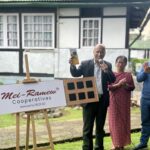






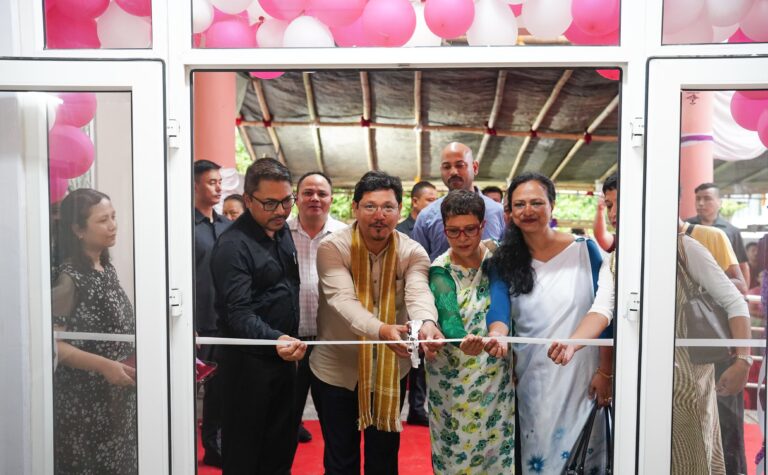
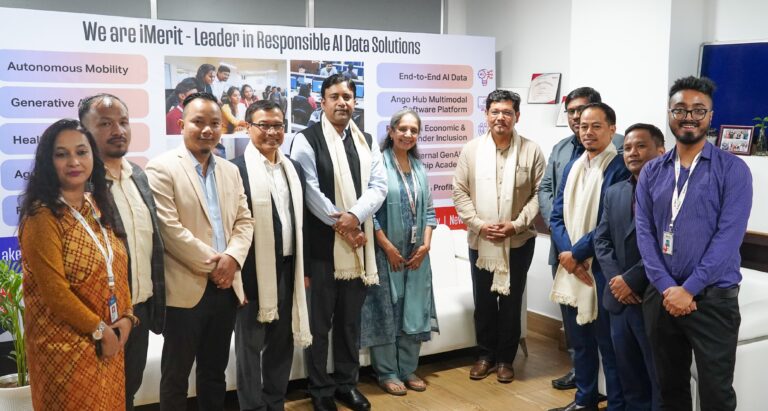
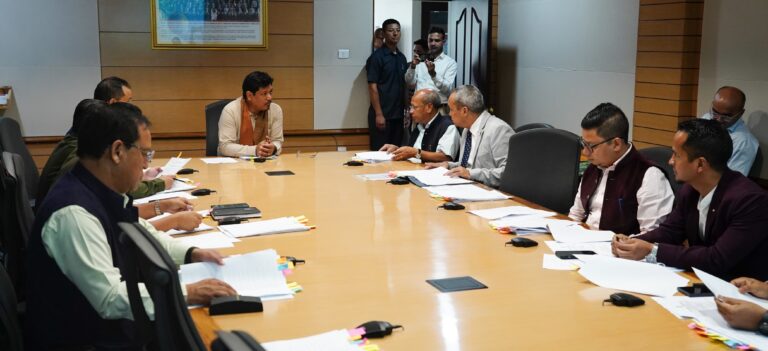

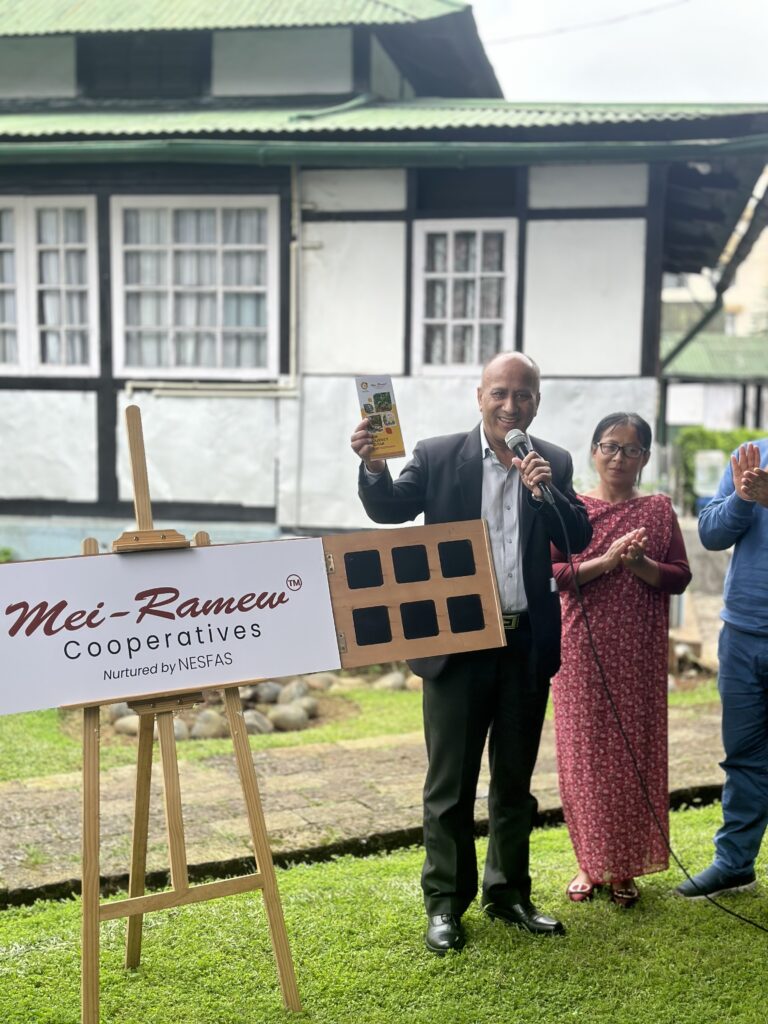
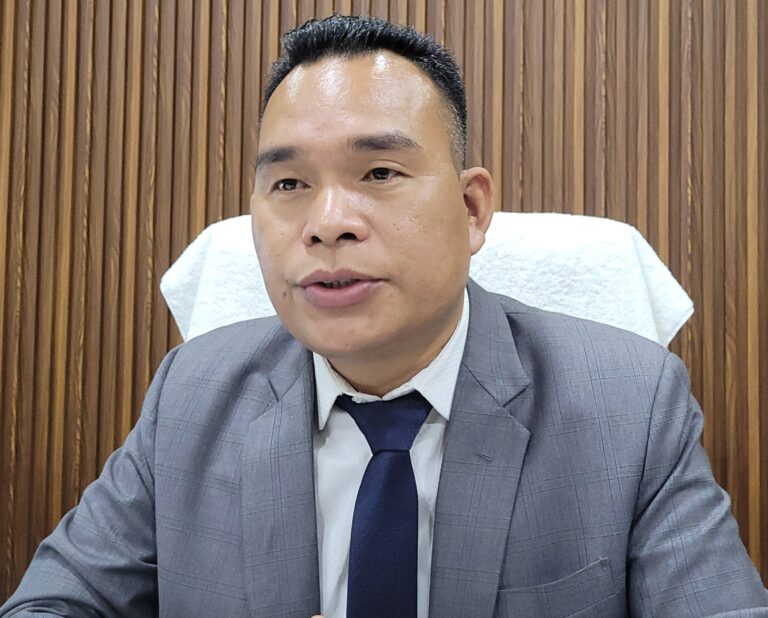
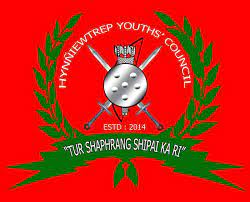


+ There are no comments
Add yours